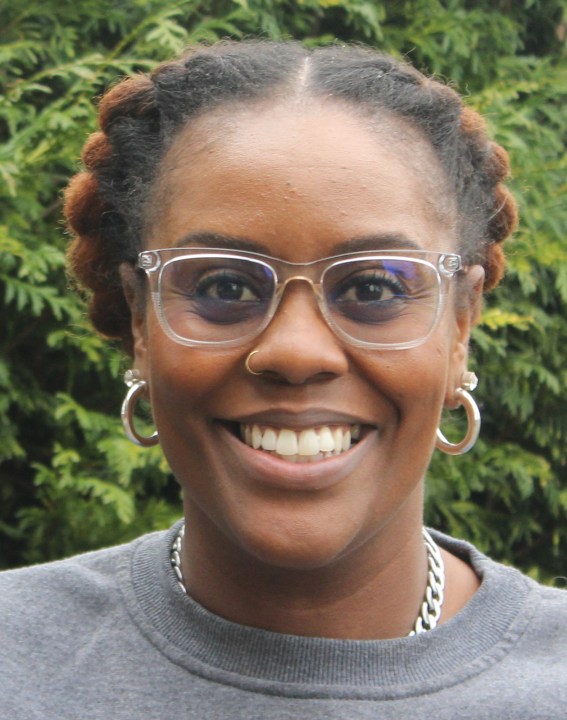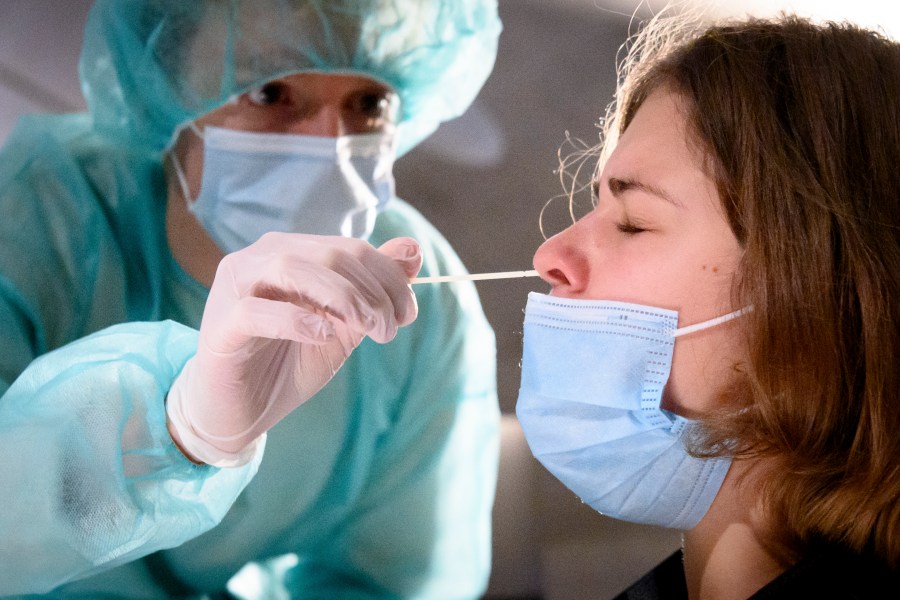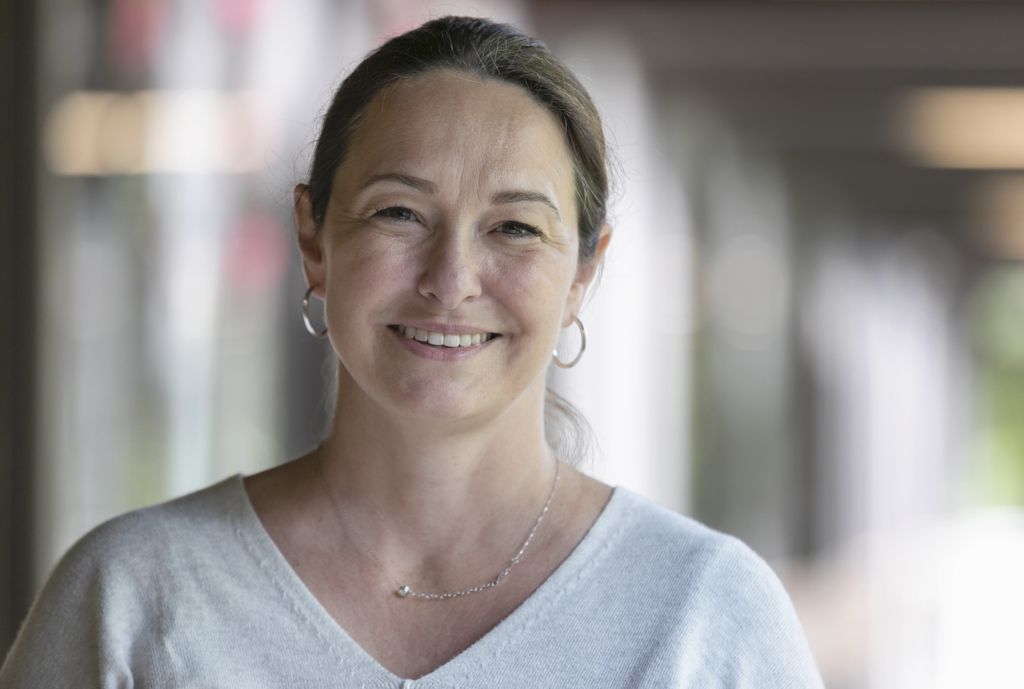PORTLAND, Ore. (KOIN) — Something that was supposed to be a science experiment — an OHSU pilot project in Northeast and Southeast Portland doing free COVID-19 testing — turned out to be much more.
The project at Prescott Elementary was supposed to end over a month ago. But residents in the neighborhood continue to show up.

The principal at Prescott Elementary, Nichole Watson, said she was happy to host as a site because school is where community happens. She wanted this opportunity to better protect her neighborhood, many of whom are people of color and underserved.
OHSU’s project turned out to be so successful it’s still helping communities hit hardest by the pandemic.
Originally, OHSU and Self-Enhancement Inc. — a local nonprofit that helps underserved youth — began the testing project together to find early signals of COVID-19 in four far east Portland neighborhoods through wastewater screening and voluntary testing of people who live and work there.
But what they didn’t anticipate, Watson said, was the important relationships and trust in science they’d end up building with people along the way.
“Originally there was concern around the virus, concern around accessibility, and questions around what the virus can do,” Watson said. “I think what we were able to do by offering testing is to demystify that.”
She also explained the consistency of being available for weekly testing helped them build a better culture in their neighborhood and normalize masking, distancing and testing — all things proven to keep people safe and healthy.
They’re also in the talks of maybe eventually converting this testing site into a vaccination clinic.
Saliva swab for testing
As part of this pilot project, OHSU is developing a new kind of COVID test that uses saliva samples instead of the uncomfortable nose swab — also known as the “brain tickler.”

OHSU’s initiative opened up these free testing sites at schools and churches on the far east side of Portland. They created easy access to a more comfortable saliva test to underserved people. These tests have helped detect and mitigate the spread of COVID among BIPOC communities.
Anthony Deloney, the director of strategic initiatives at SEI, said by making this part of their neighborhood routine, with familiar friendly faces, people who ordinarily opted out of testing became much more likely to get checked for COVID consistently.
“All of this is unknown, COVID is unknown and it’s scary. If part of the process is doing something that’s painful, then I’m less likely to do it,” Deloney said. “So finding a way that was painless, quick and easy was something that made sense for our population.”
He added this pilot program taught him and the staff at OHSU that a great game plan going forward to improve accessibility to healthcare is finding places that are close to people, meeting them where they are and where they feel comfortable.

“Through the partnership with Self Enhancement Inc. and the community, it really prompted us to think more broadly about what the community needed, and in the end, it helped us develop a test that’s so much better than what’s out there now,” said Donna Hansel, the OHSU Chair of pathology and laboratory medicine.
Now OHSU is considering rolling out this saliva test much more broadly — at the request of SEI. It’s easier, less invasive — and as they found through this project — just as effective.